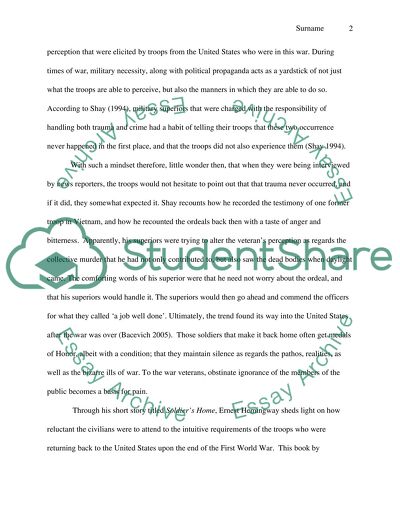Cite this document
(“American Society is a Society of Denial Essay Example | Topics and Well Written Essays - 1500 words”, n.d.)
Retrieved from https://studentshare.org/miscellaneous/1512386-american-society-is-a-society-of-denial
Retrieved from https://studentshare.org/miscellaneous/1512386-american-society-is-a-society-of-denial
(American Society Is a Society of Denial Essay Example | Topics and Well Written Essays - 1500 Words)
https://studentshare.org/miscellaneous/1512386-american-society-is-a-society-of-denial.
https://studentshare.org/miscellaneous/1512386-american-society-is-a-society-of-denial.
“American Society Is a Society of Denial Essay Example | Topics and Well Written Essays - 1500 Words”, n.d. https://studentshare.org/miscellaneous/1512386-american-society-is-a-society-of-denial.


